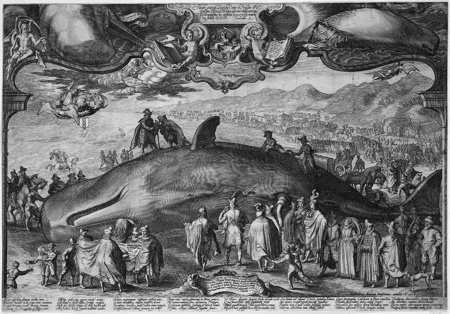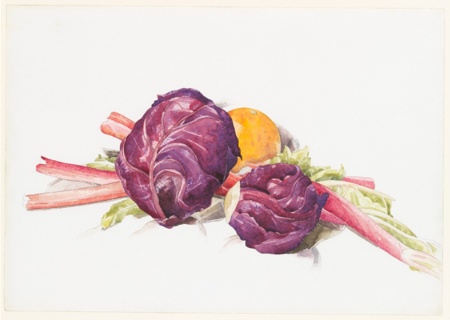“I let it be known to my friends, and even strangers as I was wandering around the country that what was interesting me was making English less understandable. Because when it’s understandable, well, people control one another, and poetry disappears – and as I was talking with my friend Norman O. Brown, and he said, ‘Syntax,’ which is what makes things understandable, ‘is the army, is the arrangement of the army.’ So what we’re doing when we make language un-understandable is we’re demilitarizing it, so that we can do our living.”
(John Cage, interviewed about Empty Words, 8 August 1974.)

